Even as people around the world are starting to feel the pinch, spending on pets is unlikely to be dramatically affected and pet products with added benefits similar to the ones we buy for ourselves will still make it onto the shopping list. Indeed, a recent report from Mintel shows that the pet accessories and healthcare market is thriving. In 2008 Brits will spend a massive £ 484 million on the family pet. Despite the economic downturn, this is a healthy 4 per cent increase on last year's figures. Meanwhile, sales have grown by 19 per cent since 2003. And it seems that nothing will get in the way of British consumers indulging their pets. While households continue to feel the squeeze, sales of pet accessories and healthcare are withstanding toughening economic conditions well, with a further 12 per cent growth expected in the next five years. 800 new products for cats and dogs What is more, in the past 12 months alone Mintel GNPD has identified no less than 800 new pet products globally for cats and dogs (not including food and drink). This is more than two for every day of the year and a true testament to just how much we love to indulge our pets. As with our own products, there is a growing desire amongst pet owners for naturalness and increased awareness of green and ethical issues when it comes to their pet products. Indeed, one in every five (20 per cent) of all pet products, mainly shampoos and supplements, claim to be botanical or herbal and this is the most common claim of all in this sector. Highlighting the botanical and herbal elements of the product gives it a very natural feel. Ethical and eco-friendly products have soared, especially in North America. Eco-friendly products include biodegradable formulations and recycled packs. For example, Skooperbox Pet Waste Boxes are made from 100 per cent recycled paper and are 100 per cent biodegradable - a more eco-friendly way to dispose of the mess than a plastic bag. But this could be taken one step further and actually brought closer to home. Another way that companies can capture pet lovers' imaginations and appeal to their ethical mindset is through link-ups with charities and donating a certain percentage of every purchase made to an animal charity. Although we have seen a few of these initiatives already, this is still very much a niche and so there is real growth potential for the future. It really can be a unique selling point and…

Capturing the imagination of pet lovers
Even as people around the world are starting to feel the pinch, spending on pets is unlikely to be dramatically affected and pet products with added benefits similar to the ones we buy for ourselves will still make it onto the shopping list. Indeed, a recent report from Mintel shows that the pet accessories and healthcare market is thriving. In 2008 Brits will spend a massive £ 484 million on the family pet. Despite the economic downturn, this is a healthy 4 per cent increase on last year's figures. Meanwhile, sales have grown by 19 per cent since 2003. And it seems that nothing will get in the way of British consumers indulging their pets. While households continue to feel the squeeze, sales of pet accessories and healthcare are withstanding toughening economic conditions well, with a further 12 per cent growth expected in the next five years. 800 new products for cats and dogs What is more, in the past 12 months alone Mintel GNPD has identified no less than 800 new pet products globally for cats and dogs (not including food and drink). This is more than two for every day of the year and a true testament to just how much we love to indulge our pets. As with our own products, there is a growing desire amongst pet owners for naturalness and increased awareness of green and ethical issues when it comes to their pet products. Indeed, one in every five (20 per cent) of all pet products, mainly shampoos and supplements, claim to be botanical or herbal and this is the most common claim of all in this sector. Highlighting the botanical and herbal elements of the product gives it a very natural feel. Ethical and eco-friendly products have soared, especially in North America. Eco-friendly products include biodegradable formulations and recycled packs. For example, Skooperbox Pet Waste Boxes are made from 100 per cent recycled paper and are 100 per cent biodegradable - a more eco-friendly way to dispose of the mess than a plastic bag. But this could be taken one step further and actually brought closer to home. Another way that companies can capture pet lovers' imaginations and appeal to their ethical mindset is through link-ups with charities and donating a certain percentage of every purchase made to an animal charity. Although we have seen a few of these initiatives already, this is still very much a niche and so there is real growth potential for the future. It really can be a unique selling point and…

 Menü
Menü

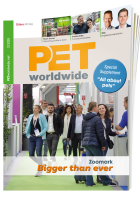




 1-2/2009
1-2/2009
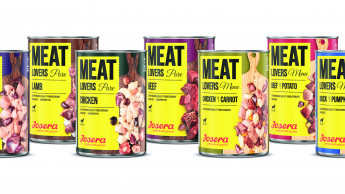

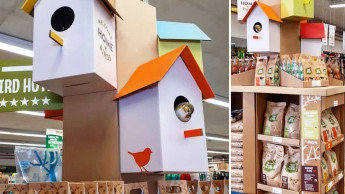
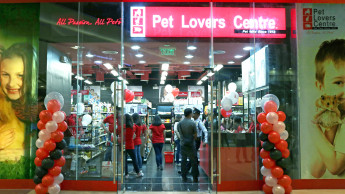
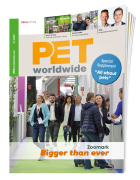
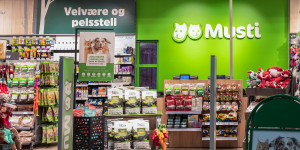



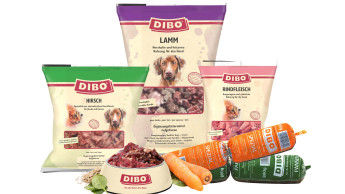
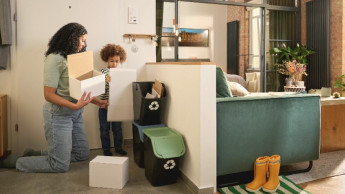
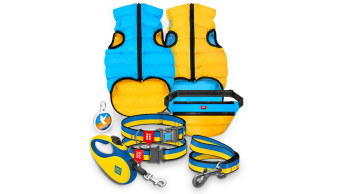
 Newsletter
Newsletter